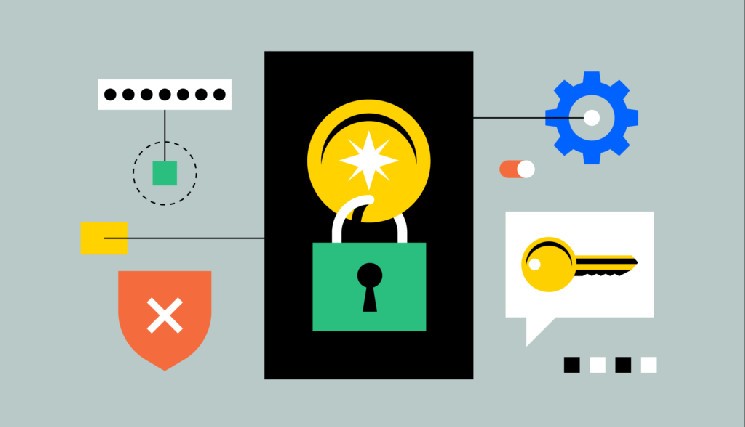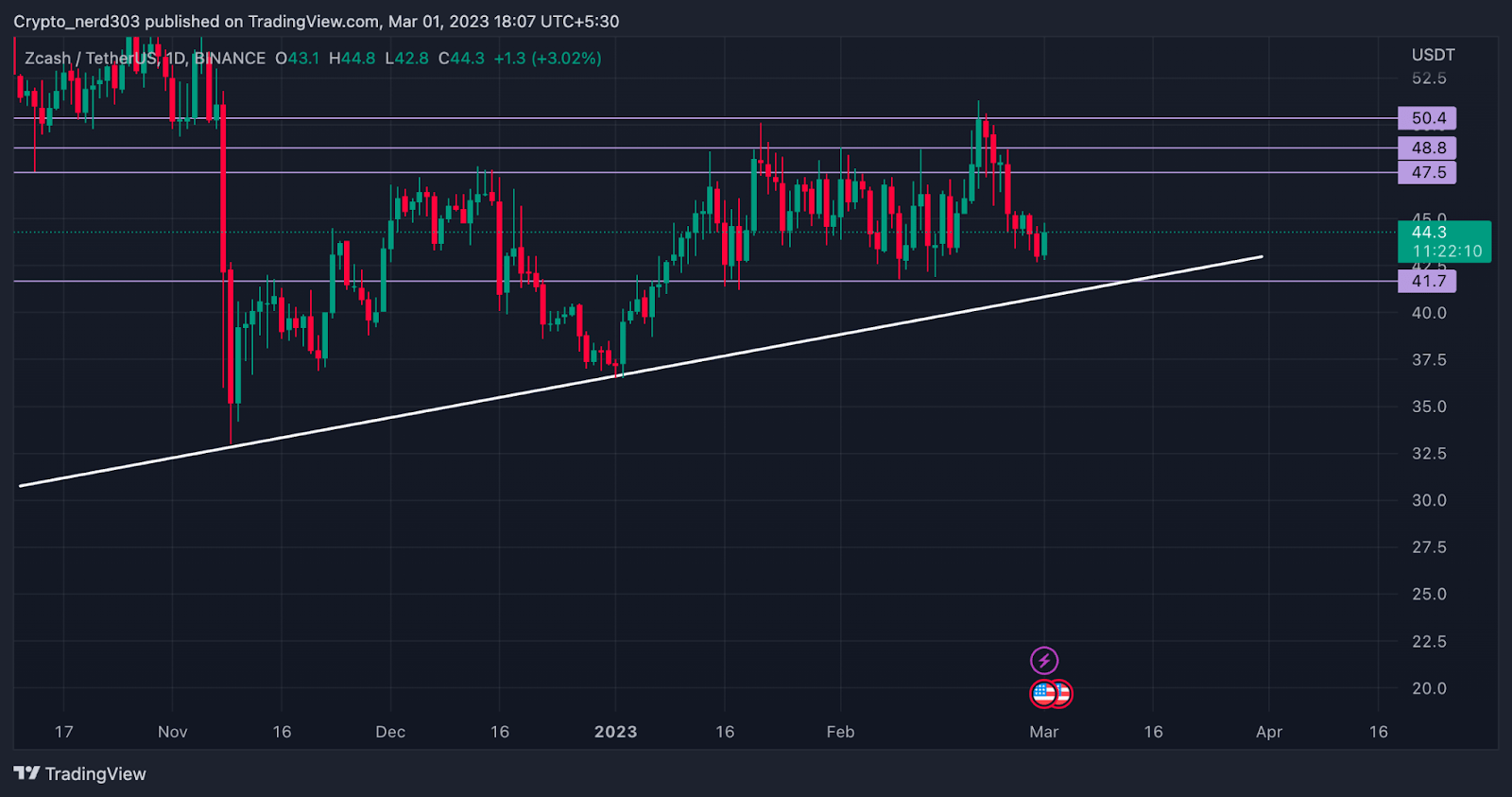How Does Blockchain Support Data Privacy?

- Introduction
- How Does Blockchain Support Data Privacy?
- Decentralization and Distributed Ledger
- Cryptography, Encryption, and Information Protection
- Smart Contracts, Digital Identity, and Data Breach Prevention
- Pseudonymity, Privacy Layers, and Scalability
- Tokenization, Cybersecurity, and Homomorphic Encryption
- Privacy by Design, Blockchain Regulation, and Compliance
- Conclusion
- FAQ
Introduction
Data privacy has become a significant concern in the digital age, as the amount of sensitive information being transmitted and stored online continues to grow. With this in mind, various technologies are emerging to enhance the protection of user information. One such technology is blockchain, which offers numerous features to support data privacy and security. In this article, we will explore how blockchain technology, through its decentralized and cryptographic nature, ensures data privacy, confidentiality, and data security. So let’s find out together how does blockchain support data privacy.
How Does Blockchain Support Data Privacy?
Decentralization and Distributed Ledger
One of the key aspects of blockchain technology is decentralization. Unlike traditional centralized systems, blockchain operates on a peer-to-peer network where data is stored across multiple nodes in a decentralized storage system. This distributed ledger ensures that no single entity has control over the data, which makes it difficult for hackers to compromise the entire network. Decentralization also enhances transparency and creates a trustless environment, enabling users to have more control over their data ownership and promoting transparent transactions.

Cryptography, Encryption, and Information Protection
Blockchain employs advanced cryptographic techniques to ensure data privacy, security, and information protection. Cryptography plays a vital role in creating secure transactions on the network. By using encryption, including end-to-end encryption, and public key infrastructure, blockchain keeps the sensitive information of users confidential. Furthermore, hash functions enable the network to maintain the integrity of data, as altering even a single character within the transaction would result in an entirely different hash output, making it virtually impossible to manipulate the data without detection.
Smart Contracts, Digital Identity, and Data Breach Prevention
Smart contracts are self-executing agreements that run on blockchain networks. They can be used to enhance data privacy by automating specific processes and ensuring that data is only shared with authorized parties. Additionally, blockchain enables users to create and manage digital identities, which can be utilized to control access to personal information. This identity management system provides users with greater control over their data, while also reducing the risk of identity theft and unauthorized access, contributing to data breach prevention.

Pseudonymity, Privacy Layers, and Scalability
Blockchain networks offer pseudonymity by allowing users to transact using alphanumeric addresses instead of personal information. This feature provides a layer of privacy, while privacy layers like zero-knowledge proofs and off-chain transactions can further enhance user anonymity and data privacy. Moreover, developments in blockchain technology are continuously addressing the challenges of scalability and privacy, ensuring that networks can handle large volumes of transactions while maintaining data security.
Tokenization, Cybersecurity, and Homomorphic Encryption
Tokenization is another technique employed by some blockchain networks to secure sensitive data. By replacing sensitive data with unique tokens, the original information remains protected. Blockchain technology also promotes cybersecurity by creating a tamper-proof and resilient network that is resistant to traditional cyberattacks. Some advanced encryption methods, such as homomorphic encryption, are being explored to enable computations on encrypted data without revealing sensitive information, further strengthening data privacy.
Privacy by Design, Blockchain Regulation, and Compliance
Privacy by design is a principle that emphasizes the importance of integrating data privacy considerations throughout the development process of a system. Blockchain technology can incorporate these principles, ensuring that data privacy remains a top priority. Blockchain regulation, such as the General Data Protection Regulation (GDPR), aims to protect user information and requires organizations to comply with specific data protection rules. Blockchain systems can facilitate compliance with these regulations by providing transparent, secure, and traceable data storage solutions.

Conclusion
In conclusion, blockchain technology offers numerous features that support data privacy, including data security, confidentiality, information protection, decentralized storage, data ownership, transparent transactions, pseudonymity, distributed consensus, tokenization, privacy layers, scalability, cybersecurity, end-to-end encryption, privacy by design, and regulatory compliance. By leveraging these features, blockchain has the potential to revolutionize the way we protect and manage data in the digital age. As the technology continues to evolve and mature, we can expect even more advanced solutions and applications to emerge that further strengthen data privacy and security. Blockchain technology is poised to play a significant role in creating a more secure, private, and trustworthy digital landscape for individuals, businesses, and governments alike. Now you should have a better understanding on how does blockchain support data privacy.
FAQ
How does decentralization in blockchain contribute to data privacy?
Decentralization creates a distributed ledger, where data is stored across multiple nodes, making it difficult for hackers to compromise the entire network. It also enhances transparency and gives users more control over their data.
How do cryptographic techniques help in securing data on a blockchain?
Cryptography and encryption techniques, such as public key infrastructure and hash functions, maintain data confidentiality, integrity, and security by preventing unauthorized access and manipulation of the data.
What is the role of smart contracts in enhancing data privacy?
Smart contracts automate specific processes and ensure that data is only shared with authorized parties, which helps in enhancing data privacy.
How do privacy layers like zero-knowledge proofs and off-chain transactions improve data privacy?
Privacy layers like zero-knowledge proofs allow users to share and authenticate data without exposing sensitive details, while off-chain transactions enable data to be processed outside of the main blockchain, further enhancing user anonymity and data privacy.
What is the difference between permissioned and permissionless blockchains in terms of data privacy?
Permissioned blockchains restrict access to authorized participants, ensuring that sensitive information remains confidential and secure within the network, while permissionless blockchains offer a certain level of data privacy but are accessible to anyone.
How can blockchain technology help organizations comply with data protection regulations like GDPR?
Blockchain systems provide transparent, secure, and traceable data storage solutions, which can help organizations comply with data protection regulations by ensuring that user information is managed and protected according to the required standards.






 Bitcoin
Bitcoin  Ethereum
Ethereum  Tether
Tether  USDC
USDC  TRON
TRON  Dogecoin
Dogecoin  Cardano
Cardano  Bitcoin Cash
Bitcoin Cash  Chainlink
Chainlink  Zcash
Zcash  Monero
Monero  LEO Token
LEO Token  Stellar
Stellar  Litecoin
Litecoin  Hedera
Hedera  Dai
Dai  Cronos
Cronos  Tether Gold
Tether Gold  OKB
OKB  Ethereum Classic
Ethereum Classic  KuCoin
KuCoin  Gate
Gate  Algorand
Algorand  Cosmos Hub
Cosmos Hub  VeChain
VeChain  Dash
Dash  Tezos
Tezos  TrueUSD
TrueUSD  Stacks
Stacks  IOTA
IOTA  Basic Attention
Basic Attention  Decred
Decred  Theta Network
Theta Network  NEO
NEO  Synthetix
Synthetix  Qtum
Qtum  Ravencoin
Ravencoin  DigiByte
DigiByte  0x Protocol
0x Protocol  Nano
Nano  Zilliqa
Zilliqa  Siacoin
Siacoin  Numeraire
Numeraire  Waves
Waves  Status
Status  Ontology
Ontology  BUSD
BUSD  Enjin Coin
Enjin Coin  Pax Dollar
Pax Dollar  Hive
Hive  Lisk
Lisk  Steem
Steem  Huobi
Huobi  OMG Network
OMG Network  NEM
NEM  Bitcoin Gold
Bitcoin Gold  Augur
Augur  HUSD
HUSD  Ren
Ren